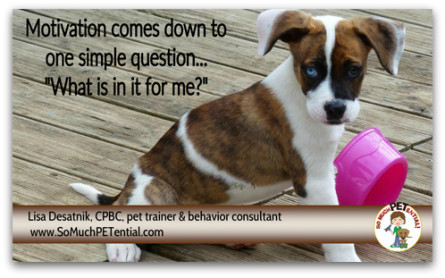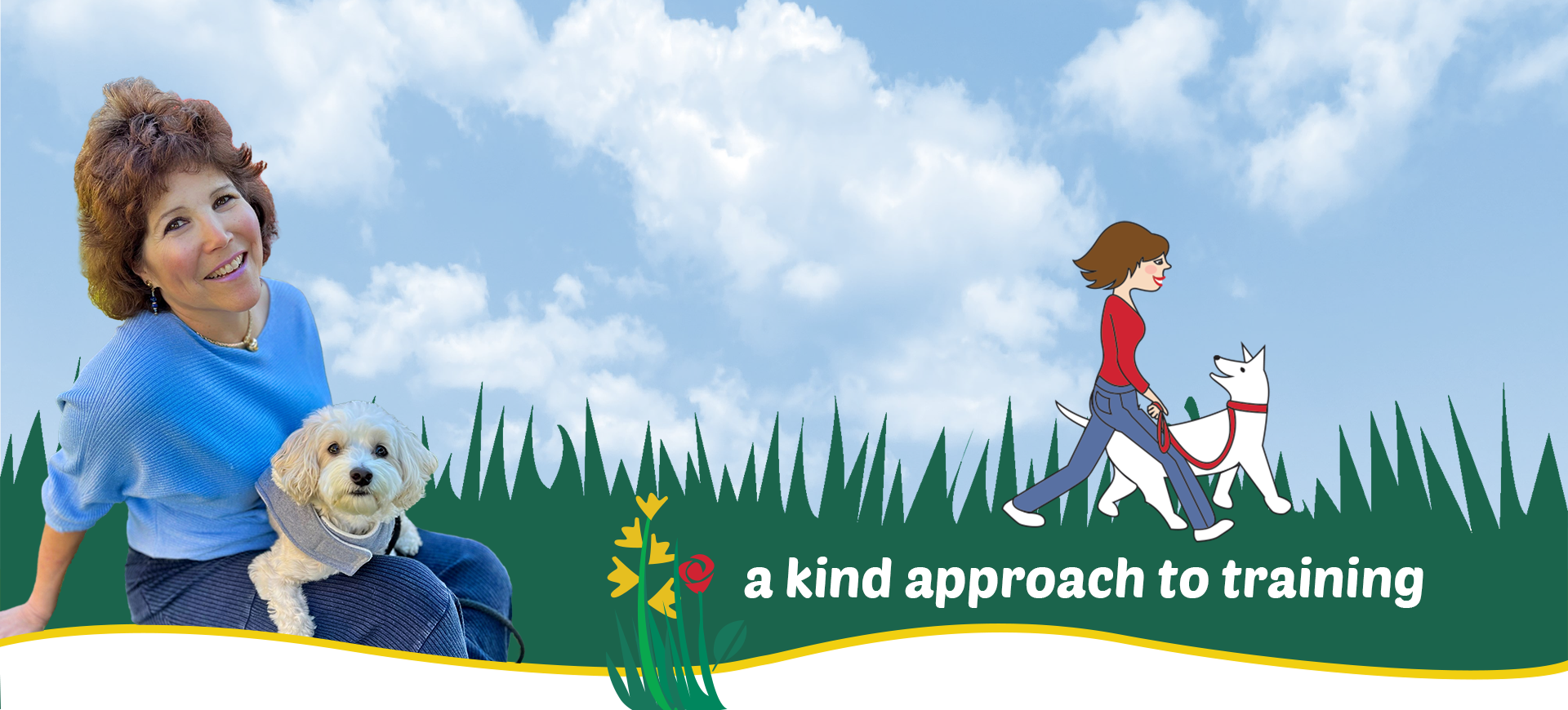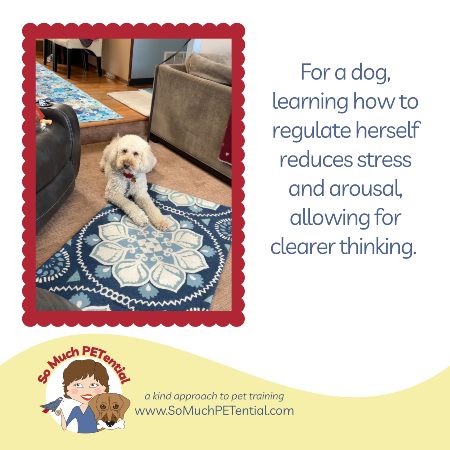Motivation. According to the dictionary, it is the state or condition of having a strong reason to act or accomplish something.
Think about that for a minute and how that has impacted your ability to learn and achieve goals. Let’s try something. Write down an accomplishment of which you are proud. Then write down the compelling factors that inspired and encouraged you to reach within yourself to succeed.
 Undoubtedly there was some driving force that gave you the confidence, drive, and determination. Maybe it was a mentor who believed in you, applauded each small step along the way and reminded you of your strengths. Maybe it was the beach vacation you were able to afford. Maybe it was the status that you achieved and respect from others. Maybe also, it was a fear of being rejected or ridiculed if you did not succeed. Or it was that by reaching your goal got you more distance from something else unpleasant (you were able to get a new position and no longer report to a negative boss, for example).
Undoubtedly there was some driving force that gave you the confidence, drive, and determination. Maybe it was a mentor who believed in you, applauded each small step along the way and reminded you of your strengths. Maybe it was the beach vacation you were able to afford. Maybe it was the status that you achieved and respect from others. Maybe also, it was a fear of being rejected or ridiculed if you did not succeed. Or it was that by reaching your goal got you more distance from something else unpleasant (you were able to get a new position and no longer report to a negative boss, for example).
At any given time, those motivations may change. Life, after all, is constantly changing; and as living, breathing beings, we change to adapt to our environment.
Remember, scientifically speaking, behavior is simply a tool used to get a consequence. It functions to either move an animal toward something positive or further from something aversive. Researcher Edward Thorndike named that relationship between behavior and its consequences the Law of Effect; and it states that the strength of a behavior depends on its past effects on the environment. (Paul Chance: Learning & Behavior, fifth edition)
So, going back to motivation, when you think about it, it comes down to a simple question – ‘What is in it for me?’ And a simple answer, “I will choose the behavior that serves to get me the most valued consequence FOR ME.”
How does motivation impact your dog training success? Everything.
If your pet finds stimulus around you of greater value than focusing on your lesson, guess where your pet will choose to put his energy? If your pet has been in his crate for hours, do you think he will find more value in laying quietly at your feet or practicing an active game? If you are cooking steaks in your kitchen and you call him into your living room for an impromptu training session, if your dog does not have a history of finding your training session INCREDIBLE, you may find yourself frustrated if your dog chooses to stay in the kitchen when you call. Likewise, if you are in your yard and your dog runs to bark at a passerby, if you have not spent sufficient time teaching your dog that coming when called results in over-the-top great things, then why would he choose to turn his attention to you in that moment?
There are so many factors to consider when it comes to motivation for your pet. Here are just a few.
When training, especially in teaching new behaviors, choosing the least distracting environment will not only make it easier for your pet to concentrate, it will minimize competing reinforcers.
Know in advance what is on your pet’s List of Awesomeness, and use choices from that list as part of your reinforcements for behavior.
Make your lesson easy for your pet to succeed by teaching small approximations toward the end behavior. If it is too difficult, you may lose the interest of your student.
Keep your training session short so that both you and your student can be focused.
Have fun!






